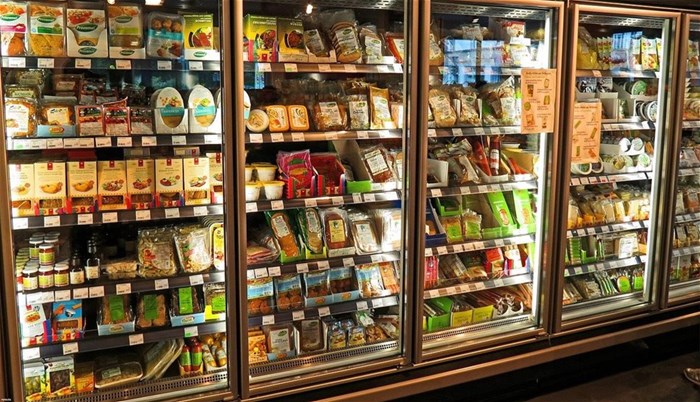
The retail cold chain and perishable market are vital components of South Africa's economy. It is estimated that the agricultural sector contributed around 10% to South Africa's total export earnings in FY2021 at a value of $12bn, with citrus, wine, table grapes, corn, apples, pears, and wool accounted for as some of the largest exports by value.
Compared to the rest of the continent, South Africa has by far the most modern, productive, and diverse agricultural economy with approximately 32,000 commercial farmers, of which 5,000 and 7,000 produce approximately 80% of agricultural output. This sector encompasses a vast array of goods, including fresh produce, dairy products, meat, and pharmaceuticals, among others.
These numbers should bode well for the economy, especially as the agriculture sector ramps up its post-Covid operations. But hopes for economic stability are growing dimmer as disruptions to the cold chain become increasingly commonplace and more and more retailers experiencing spoilage of produce,, causing food waste and massive financial losses.
The smooth functioning of the cold chain is essential for ensuring the quality and safety of perishable products from farm to consumer. However, load shedding disrupts the cold chain's delicate balance, jeopardising the integrity of perishable goods. When refrigeration units are affected, transportation and distribution schedules face delays, impacting inventory management.
Retailers may struggle to maintain optimal stock levels, leading to stockouts or overstocking, both of which can result in financial losses and operational inefficiencies. Frequent power outages lead to temperature fluctuations in cold storage facilities, causing spoilage, loss of shelf life, and diminished product quality.
Retail cold chains also often involve multiple parties, including producers, distributors, and retailers. When a blackout occurs, the coordination among these stakeholders becomes increasingly complex. Each entity might have different energy backup plans or respond differently to power cuts, leading to coordination issues and potential breakdowns along the supply chain.
As a result, retailers are left grappling with significant financial losses, increased spend on diesel costs to run generators , while consumers face the risk of consuming compromised goods.
So what can retailers do to ensure they are operating optimally, even when the lights go out?
To mitigate these risks, retailers affected by rolling blackouts may opt for alternative energy sources like generators to maintain cold chain operations during power cuts. However, these solutions are often costly to implement and maintain, driving up operating expenses for businesses. Smaller retailers, in particular, may find it challenging to bear these additional costs, putting them at a competitive disadvantage and or in some cases resulting in business closures.
Investment into smart monitoring systems and automation technologies can provide real-time data on temperature variations in cold storage facilities. These systems can trigger alerts when temperatures deviate from the optimal range, allowing businesses to take immediate action to prevent spoilage. But again, smaller operations may simply not have the capital required.
For smaller retailers who do not have the cash flow for investment into alternative energy sources, a strategy for beating the blackouts could be to diversify their supplier base. By doing this they could reduce their dependence on a single source of perishable goods which may help lessen the impact of supply chain disruptions in specific regions.
With a major retailer recently reporting in its latest financial results that its load shedding costs have skyrocketed over R500 million just to run generators (this does not include losses), it is plain to see that the retail sector is up against the ropes. The knock on effect of cold chain disruptions will be devastating for all stakeholders.
By implementing energy-efficient practices, investing in backup power solutions, and fostering collaborative relationships among stakeholders, retailers can minimise the impact of load shedding on the integrity of their cold chains, but what is the role that policy-makers are playing to safeguard the sector? There has to be a level of accountability from those who do have the power to level the playing field and improve sector resilience. The country needs real solutions that ensure nobody is left out in the cold.